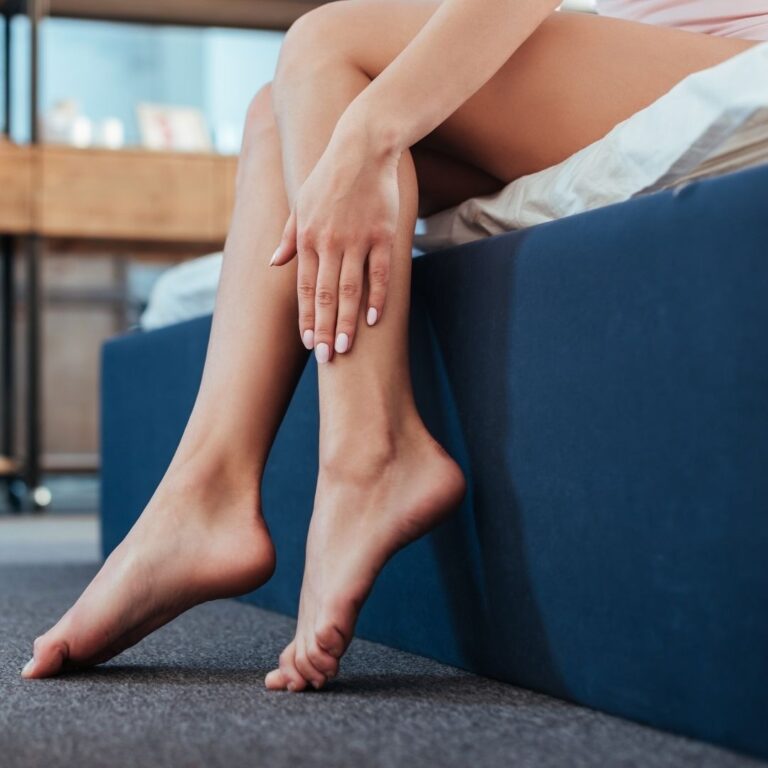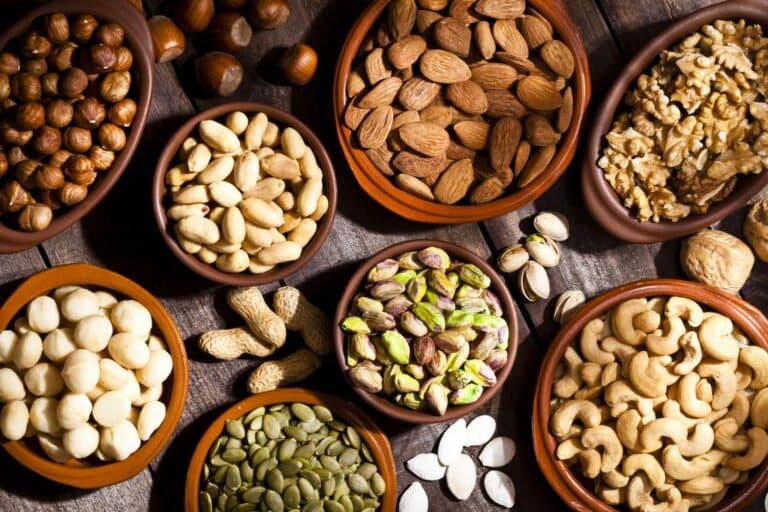Varicose veins are a common condition that causes pain, discomfort, and embarrassment. While surgery is often used to treat them, there are non-surgical options available. In this article, we’ll explore some ways to treat varicose veins without surgery.
COMPRESSION STOCKINGS
Compression stockings are a common non-surgical treatment for varicose veins. They apply pressure to the legs, improving circulation and reducing swelling. Compression stockings come in different strengths and can be purchased over the counter or prescribed by a doctor. The effectiveness depends on various factors, such as the severity of the varicose veins and how long they are worn each day. Mild to moderate cases can be effectively treated with compression stockings, while more severe cases may require additional treatments.
SCLEROTHERAPY
A solution is injected into the troubled vein during sclerotherapy, a minimally invasive technique. The solution irritates the vein’s lining, causing it to stick together and turn into scar tissue over time. Sclerotherapy usually takes less than an hour and is done at a doctor’s office. Strenuous activity and hot baths should be avoided for a few days after the procedure. Sclerotherapy may not be suitable for everyone and may cause side effects such as pain, swelling, and skin discoloration.
ENDOVENOUS LASER TREATMENT
Endovenous laser treatment (EVLT) is a minimally invasive procedure that uses laser energy to seal off the affected vein. A small incision is made, and a laser fiber is inserted to heat up and close the vein. EVLT is typically performed under local anesthesia and takes less than an hour. Strenuous activity and hot baths should be avoided for a few days after the procedure. EVLT may not be suitable for everyone and may cause side effects such as pain, swelling, and skin discoloration.

RADIOFREQUENCY ABLATION
Radiofrequency ablation (RFA) is a minimally invasive procedure that seals off the affected vein using radiofrequency energy. A small incision is made, and a catheter is inserted to emit the energy, heating up the vein and causing it to close. RFA is typically performed under local anesthesia and takes less than an hour. Strenuous activity and hot baths should be avoided for a few days after the procedure. RFA may not be suitable for everyone and may cause side effects such as pain, swelling, and skin discoloration.
LIFESTYLE CHANGES
In addition to the above treatments, there are several lifestyle changes that can help prevent varicose veins from worsening and may even improve their appearance. These include:
Regular exercise: Regular exercise can help improve circulation and strengthen the muscles in the legs, which can reduce the pressure on the veins.
Maintaining a healthy weight: Being overweight or obese can put extra pressure on the veins, making varicose veins worse. Keeping a healthy weight can assist to alleviate this stress.
Elevating the legs: Elevating the legs above the heart for 15-20 minutes several times a day can help improve circulation and reduce swelling.
Avoiding tight clothing: Tight clothing, particularly around the waist, groin, and legs, can restrict blood flow and make varicose veins worse.
Avoid prolonged standing or sitting: Sitting or standing for long periods of time can increase the pressure on the veins, making varicose veins worse. Regular breaks to stretch and move about can help ease this pressure.

NATURAL REMEDIES
There are also several natural remedies that have been suggested for the treatment of varicose veins, although their effectiveness is largely anecdotal. Some of these remedies include:
Horse chestnut: Horse chestnut extract has been shown to improve circulation and reduce inflammation, although it can have side effects and should only be used under the guidance of a healthcare professional.
Grape seed extract: Grape seed extract has antioxidant properties and may help improve circulation and reduce inflammation.
Butcher’s broom: Butcher’s broom is a plant that has been traditionally used to treat circulatory disorders, including varicose veins. Elevating the legs above the heart for 15-20 minutes several times a day can help improve circulation and reduce swelling.
Essential oils: Some essential oils, such as lavender, peppermint, and cypress, have been suggested for the treatment of varicose veins. Regular breaks to stretch and move about can help ease this pressure.
It’s important to note that natural remedies are not a substitute for medical treatment, and should only be used under the guidance of a healthcare professional.
If you are experiencing varicose veins, it’s important to consult with a healthcare professional to determine the best course of treatment for your individual needs. To talk with one call Specialty Care Clinics at 469-545-9983
